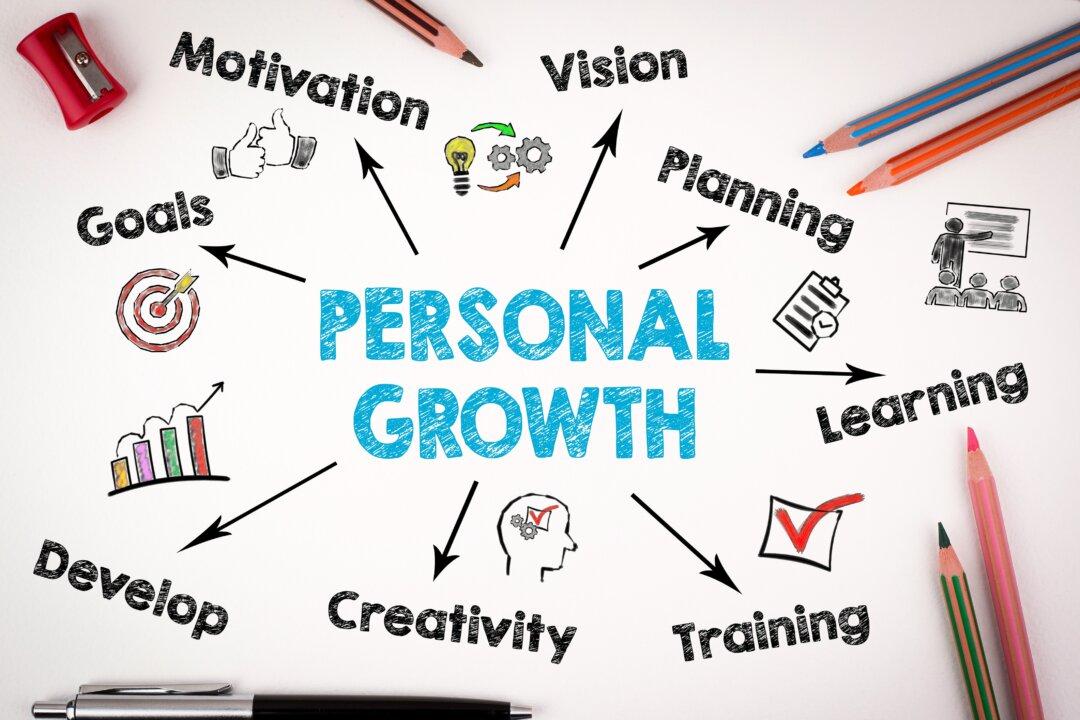By Dr. Daneen Skube
From Tribune Content Agency
Question: I’ve always been stubborn. My boss told me she doesn’t want to promote me because of my stubbornness. How can I change when it’s just the way I am? Isn’t tenacity when I’m right a good thing? How can I show my boss that she should promote me?






